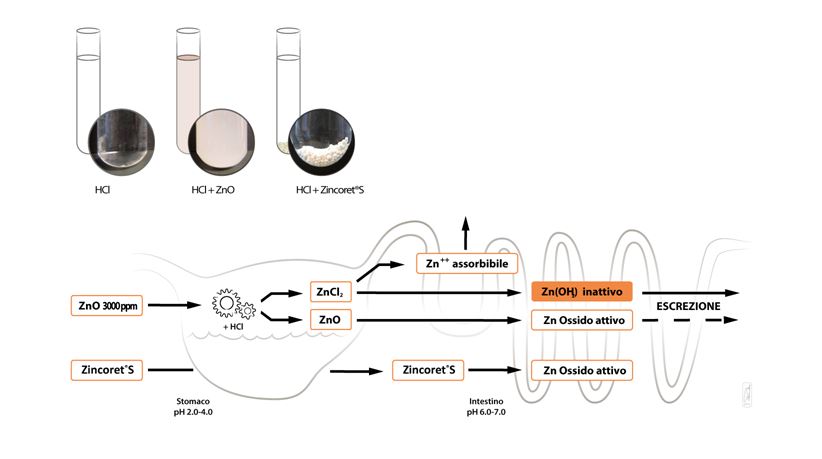Abstract
The increased use of slow-release organic acids in swine nutrition has prompted more research to assess their possible role in modulating the intestinal microflora as an alternative to antibiotics. Three diets for growing pigs containing 0 (L-NDF), 100 (M-NDF), and 200 g kg-1 (H-NDF) dried sugar beet pulp (SBP) were pre-digested to simulate ileal digestion, and used as substrate in an in vitro cecal fermentation study. The inoculum was collected from pigs immediately after slaughter. Diets tested were L-NDF, M-NDF, and H-NDF with or without the addition of an organic acid blend providing phosphoric, citric, fumaric, and malic acid at 1.53, 0.78, 2.59, and 1.12 mmol L-1, respectively. Cecal microbial growth was monitored using the cumulative gas production technique. Fermentation fluid was analyzed for ammonia and volatile fatty acids concentrations. The maximum rate of gas production was higher when H-NDF rather than L-NDF or M-NDF (+ 18%; P < 0.05) was fed; such a high rate of growth (+ 14%; P < 0.05) was also achieved when the acid blend was added to L-NDF. After 24 h, the acid blend reduced ammonia, isoacids, and acetic acid concentrations in fermentation fluid regardless of the type of diet (P < 0.05). Organic acids stimulated bacterial fermentation when added to a low-fiber diet and were able to reduce ammonia in all diets tested.For more information: marketing@vetagro.comRead the full text here.









